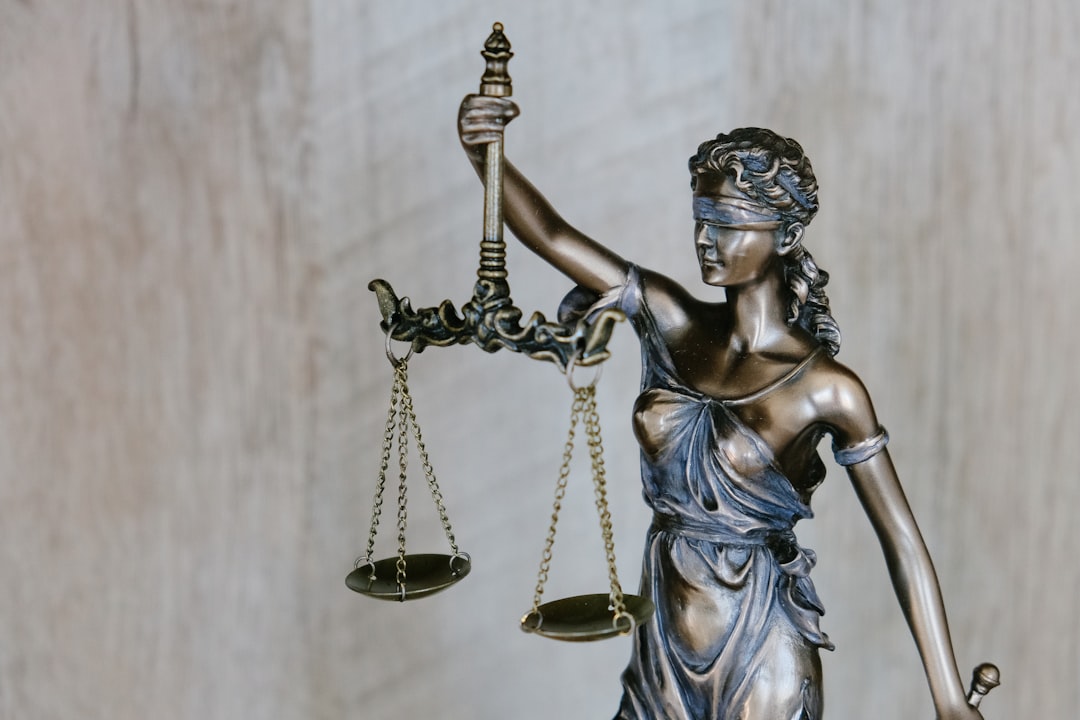Landmark cases in New Jersey have strengthened sexual assault laws, increasing public awareness and victim support. Sexual assault attorneys advocate for survivors, ensuring justice and driving legislative changes. Through dedicated efforts, these attorneys have transformed the legal landscape, offering better protection and accountability for victims, with specialized programs and amendments enhancing penalties and definitions. They play a crucial role in guiding clients, influencing policy, and setting legal precedents.
In New Jersey, precedent-setting cases have significantly shaped sexual assault laws, enhancing survivor protection and justice. This article delves into the key landmarks that ignited legislative change, exploring how they transformed the legal framework before and after these pivotal decisions. We examine the profound impact on survival rates and access to justice, followed by New Jersey’s responsive amendments. Additionally, we highlight the crucial role of sexual assault attorneys in navigating this evolving landscape, emphasizing their expertise as advocates for survivors. Discover how these factors have contributed to a more robust legal response to sexual assault in New Jersey, with a focus on the critical work of sexual assault attorneys state-wide.
Key Cases That Ignited Change

In the fight for justice and safety, several landmark cases in New Jersey have played a pivotal role in shaping and strengthening sexual assault laws. These key decisions, brought forth by dedicated sexual assault attorneys in New Jersey, have not only elevated public awareness but also prompted legislative changes. One notable example is State v. J.S. (2017), which established the admissibility of evidence in cases where the victim’s memory of the assault may be impaired due to alcohol or drugs. This ruling expanded the legal options available to sexual assault victims, ensuring their stories are heard and taken seriously.
Another influential case, Doe v. University of New Jersey (2018), focused on institutional responsibility and set a precedent for holding educational institutions accountable for failing to protect students from sexual harassment and assault. This decision led to the implementation of stricter policies and protocols in colleges and universities across the state, empowering survivors and providing them with more tools to pursue justice. These cases highlight the power of legal advocacy and the continuous efforts by sexual assault attorneys in New Jersey to create a safer environment for victims and ensure accountability for perpetrators.
Legal Framework Before Landmark Decisions

Before a series of landmark decisions, the legal framework surrounding sexual assault in New Jersey was largely undefined and often vague. The state’s laws were generally silent on specific issues, leaving room for interpretation and inconsistent application. This lack of clarity posed significant challenges for victims seeking justice, as many cases were dismissed or resulted in inadequate sentences due to loopholes in the existing legislation.
The absence of a robust legal structure prompted advocates and sexual assault attorneys in New Jersey to push for reforms. They aimed to establish clear guidelines and protect the rights of survivors by holding perpetrators accountable. This period saw intense debates and public discussions, eventually leading to groundbreaking judgments that forever changed the landscape of sexual assault laws in the state.
The Impact on Survival and Justice

For survivors of sexual assault, the legal system can be both a source of justice and a barrier to healing. In New Jersey, precedent-setting cases have played a pivotal role in reshaping the landscape of sexual assault laws, significantly impacting survival and justice for victims. These landmark decisions have not only clarified legal definitions and procedures but also sent a powerful message that sexual violence is taken seriously.
With the help of dedicated sexual assault attorneys in New Jersey, survivors can now navigate a system that better understands and addresses their unique needs. Precedents have expanded the scope of what constitutes sexual assault, recognized the complexities of trauma, and promoted more sensitive investigations and trials. As a result, victims are more likely to receive the support they need during the legal process, fostering a sense of justice and empowerment.
New Jersey's Response: Laws and Amendments

In response to growing awareness and advocacy for sexual assault victims’ rights, New Jersey has enacted several significant laws and amendments over the years. These changes were largely influenced by landmark cases that brought attention to the severity and prevalence of sexual violence in the state. One notable example is the establishment of the Sexual Assault Response Team (SART) in 1994, which coordinated efforts between law enforcement, medical professionals, and advocates to provide specialized care for victims.
The state’s legal framework has also been strengthened through various initiatives. Amendments to the New Jersey Criminal Code increased penalties for sexual assault offenses, introduced mandatory reporting of certain incidents, and expanded the definition of consent. Moreover, the establishment of specialized courts and programs dedicated to handling sexual assault cases ensures that victims receive prompt justice and support from experienced professionals, including skilled sexual assault attorneys in New Jersey who advocate for their rights throughout the legal process.
Role of Sexual Assault Attorneys Today

In navigating complex legal landscapes surrounding sexual assault cases, the role of sexual assault attorneys in New Jersey is more crucial than ever. These specialists are adept at interpreting and enforcing laws designed to protect victims and hold perpetrators accountable. With their deep understanding of precedents set by landmark cases, they offer invaluable guidance to clients facing these sensitive charges.
Sexual assault attorneys today serve as advocates and strategists, employing legal expertise to ensure fair treatment for individuals accused or seeking justice. They meticulously examine evidence, challenge procedural errors, and advocate for a just outcome—all while providing emotional support to their clients throughout the often-traumatizing process. Their work is instrumental in shaping public perception, policy reforms, and future legal precedents related to sexual assault cases in New Jersey.





